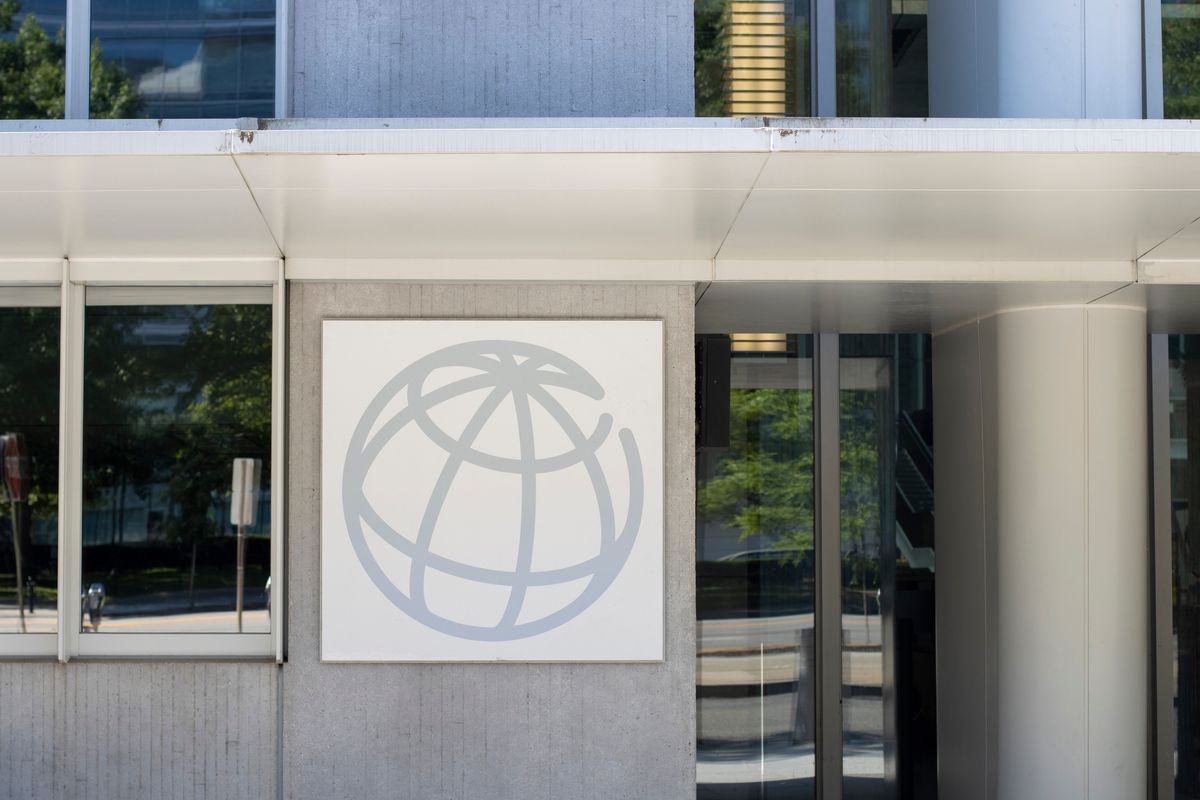World Bank proposes 10-year partnership framework for Pakistan's energy sector
The plan envisages 10 giga-watts of renewable energy capacity through reforms and investments

Javed Mirza
Correspondent
Javed Iqbal Mirza is an experienced journalist with over a decade of expertise in business reporting, news analysis, and investigative journalism. His work spans breaking news, editorial pieces, and in-depth interviews.

The World Bank has introduced a 10-year Country Partnership Framework (CPF) aimed at transforming Pakistan’s energy sector into a financially sustainable model that uses cleaner, more reliable, and affordable energy sources.
The CPF is designed to enable the development of 10 giga-watts (GW) of renewable energy capacity through a series of reforms and investments.
According to the World Bank, accumulated losses in Pakistan's power and gas sectors — stemming from distribution losses, theft, high generation costs, and unfunded subsidies — amount to more than 4% of the country's GDP.
These losses weaken public finances and undermine the financial sustainability and attractiveness of the energy sector, which is in dire need of private investment. High energy costs have also deterred investments in other industries, making them less competitive internationally.
The CPF outlines plans for investments and reforms in the transmission and distribution (T&D) sector to reduce losses and address geographical imbalances between energy consumption and generation.
A significant focus will be on transitioning from fossil fuel-based generation to sustainable renewable energy sources, including hydropower and solar. Investments in energy efficiency, industrial decarbonization, and potentially networked surface geothermal heating and cooling are expected to accelerate this transition.
The World Bank’s approach also emphasizes a just transition to protect vulnerable populations and ensure increased access to energy. By leveraging global knowledge and experiences from other countries, the CPF aims to enable the sustainable and reliable evacuation of power, particularly in the T&D sector, where private sector participation is needed to complement public investment.
Building on the ongoing energy sector reform agenda, the Multilateral Investment Guarantee Agency (MIGA) will explore opportunities for private investment in new renewable energy projects. This will be done through the World Bank Group (WBG) Guarantee Platform, focusing on the need for generation capacity and the potential for de-risking public-private partnership (PPP) projects in T&D.
The proposed approach marks a shift from previous strategies that focused on financing short-term adjustments. It aims to provide a durable and credible framework for the WBG’s partnership with Pakistan to address the high cost of energy.
The World Bank stresses that for Pakistan to achieve poverty reduction and shared prosperity on a livable planet, it must break away from its current development model. The country’s economic growth has been stunted by policies that benefit only a select few and have historically opposed growth-oriented reforms and increased progressive public spending.
To ensure long-term growth, Pakistan’s development model, characterized by high public consumption, debt, low productivity, and poor capital accumulation, must transition towards increased investment in productivity and human capital.
With the 10-year perspective, the CPF aims to leverage WBG resources, subject to available funding, as well as the resources of the Pakistani government, private sector, and other partners, to achieve a set of decade-long targets.







Comments
See what people are discussing